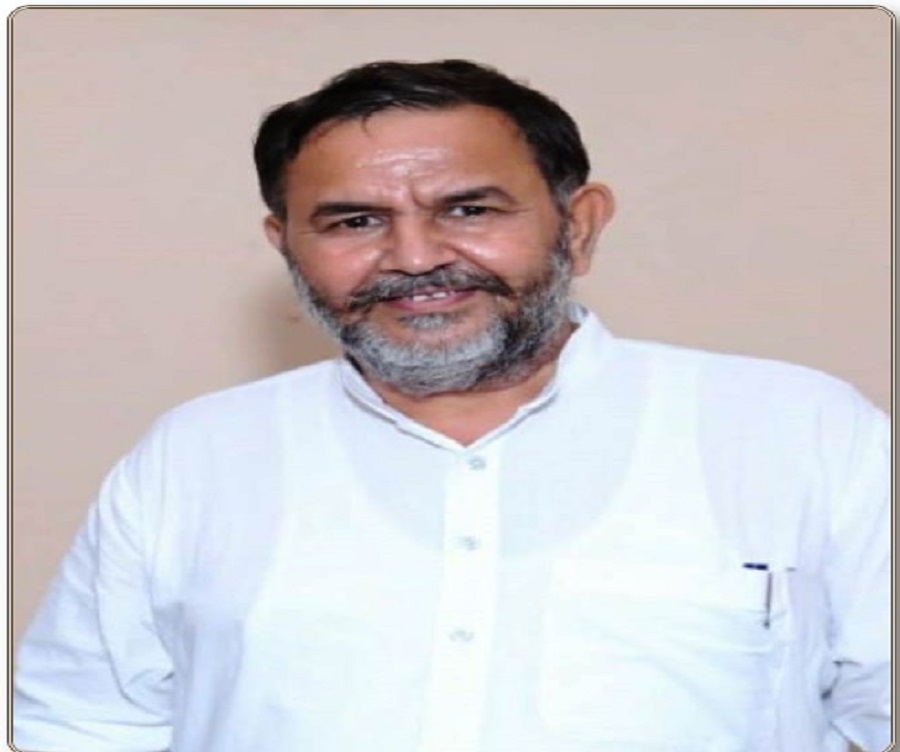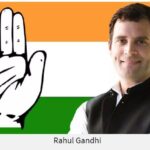
In the contemporary socio-political scenario, an attempt is made to examine the transformative currents within Indian politics, analyzing the evolution of political processes and governance structures amidst shifting global and domestic landscapes. Indian politics is at a crossroads, where technological integration, geopolitical realignments, and the resurgence of indigenous philosophies are shaping a uniquely complex system. This study investigates how social class, education, language, religion, ethnicity, regional dynamics, and economic conditions influence the political sphere, emphasizing the need to rise above parochial identities in the broader interest of societal well-being.
The expansion of digital democracy and e-governance has enhanced transparency and accountability, fostering participatory governance that empowers citizens. However, the adoption of artificial intelligence in policymaking, while offering data-driven insights, raises ethical questions around data privacy, regulatory oversight, and its potential impact on democratic processes. Social media, now central to political engagement, enables direct communication between leaders and citizens yet introduces challenges such as misinformation, ideological polarization, intolerance for dissent, and volatile public opinion.
Environmental sustainability is now integral to India’s policy agenda, with climate resilience and renewable energy commitments aligning with global sustainable development goals. On the international stage, India is strengthening its role through strategic alliances, positioning itself as a pivotal force in multilateral platforms. Simultaneously, a movement towards culturally rooted political narratives emphasizes indigenous values, challenging traditional governance models and redefining India’s approach to policy discourse.
While these advancements signal progress, deep-seated challenges remain. The Indian Constitution continues to be a beacon of democratic values; however, governance crises such as social inequality, economic disparities, bureaucratic inertia, corruption, and institutional fragility erode public trust and hinder effective administration. Structural inefficiencies and limited accountability constrain policy implementation, especially in addressing poverty, healthcare inequality, and social justice.
As India navigates these complexities, there is a need for an inclusive, sustainable governance model that transcends narrow identities. Intellectual discourse must encourage us to think critically, review deeply, realize shared responsibilities, and recognize ground realities. Building a resilient political framework for the 21st century demands a balanced approach that merges innovation with institutional reform, reinforces democratic ideals, and restores trust in public institutions. A forward-thinking model should prioritize transparency, rule of law, and accountability while being responsive to the aspirations of all citizens.
Views: 15


 Previous Post
Previous Post Next Post
Next Post